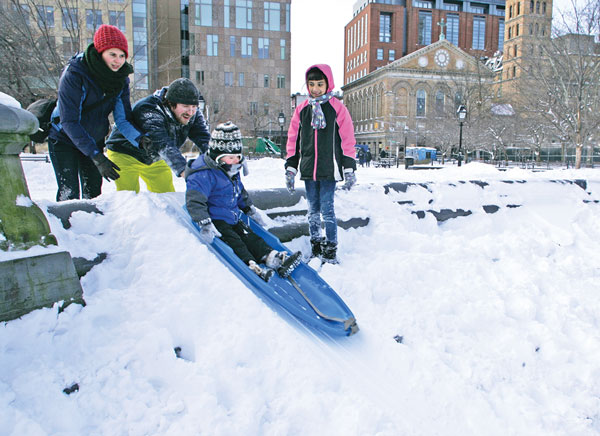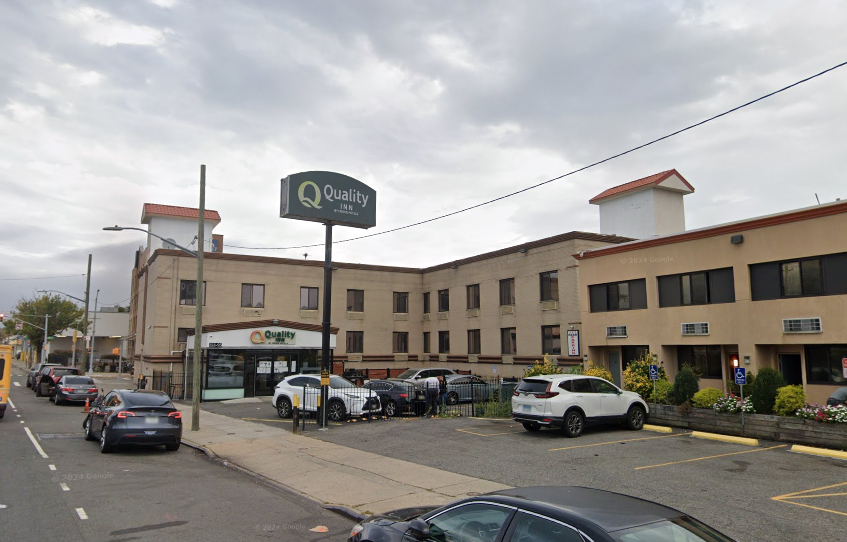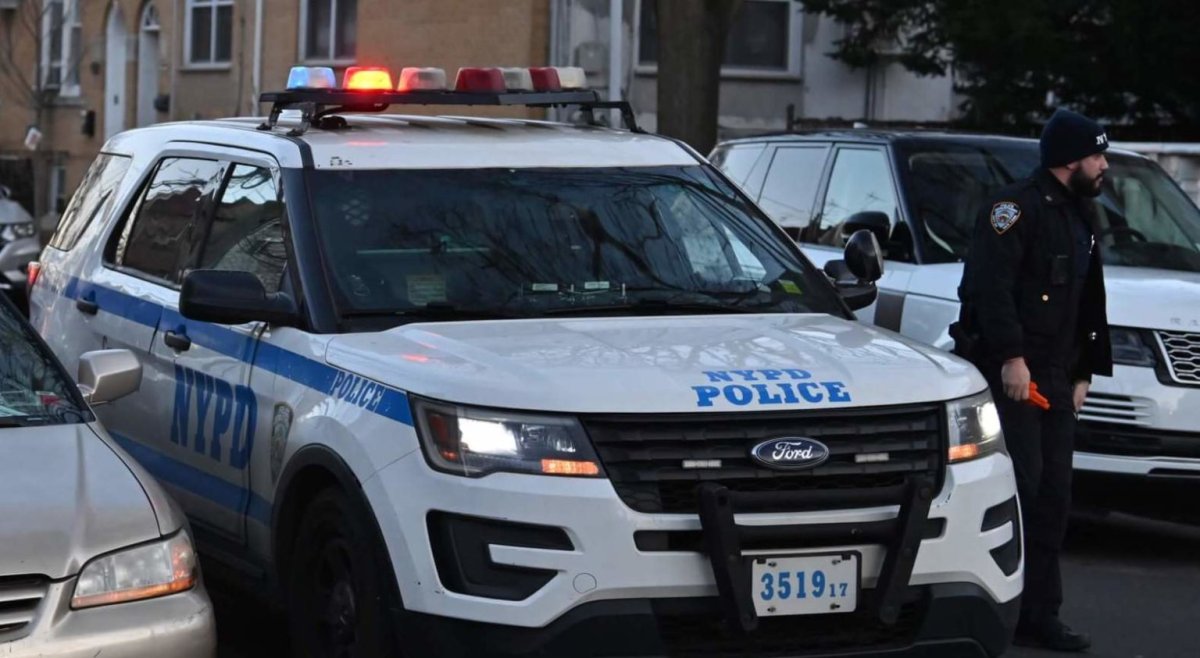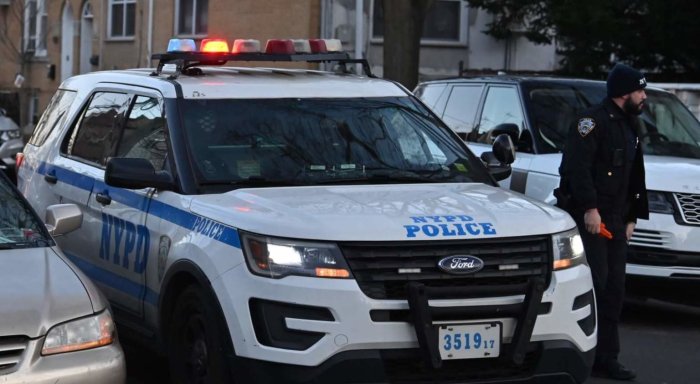BY LINCOLN ANDERSON | Washington Square Park is known around the world as the iconic heart of Greenwich Village. Just shy of 10 acres, the landmarked park is famed for its freewheeling spirit — and, as an expression of that, its music.
However, Community Board 2 is now set to take a hard look at whether it might be time to rein in things a bit in the park, specifically loud music, such as people playing full drum sets and other percussion (white spackle buckets, pots and pans) and trumpets, among others, as well as the times when tunes can be played.
The board’s Executive Committee recently discussed possible measures that could be implemented, including a “quiet area” in the park, possible limits on hours when music can be played and banning certain types of instruments from particular parts of the park.
The issues will be aired further at the upcoming C.B. 2 Parks and Waterfront Committee meeting on Wed., June 3, at 6:30 p.m., at the N.Y.U. Silver Building, at 32 Waverly Place. It’s possible that the committee could draft an advisory resolution with specific recommendations, which would then be voted on by the full C.B. 2 board and become the board’s official position on the park.
Of course, any move to limit music in Washington Square could potentially blow up in the board’s face.
However, some leading board members say that the problem of noisy drums and late-night music has simply gotten out of hand, and that there have been numerous complaints about it. A particular concern is that music being played at higher volumes — even if unamplified — is overpowering the acoustic folk music for which the park has traditionally been known.
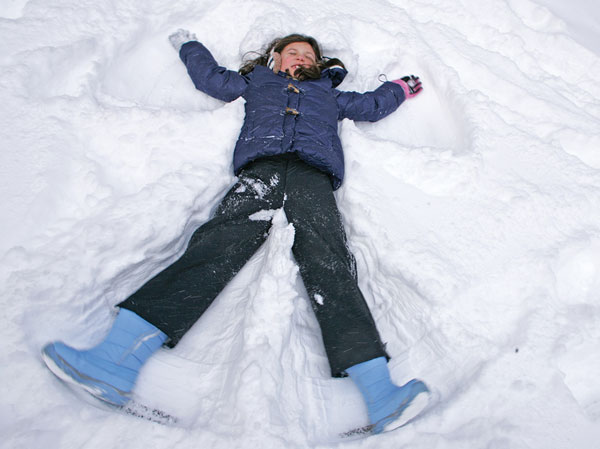
“On the one hand, there’s nothing we treasure more than freedom of expression in Washington Square Park,” stated Tobi Bergman, C.B. 2 chairperson, who grew up playing in the historic park as a kid. “On the other hand, when people can go into Washington Square Park and play very loud music, others playing quiet acoustic music can’t really do it because they’re drowned out.
“At what point,” Bergman asked, “is protecting the freedom of expression of a small number of people actually preventing the freedom of expression of a much larger number of people who are being drowned out?
“Percussive instruments, by their very nature — including the piano — do tend to drown out other instruments, particularly guitars and banjos and people singing folks songs,” he noted.
Another factor coloring board leaders’ thinking is that the high-profile loud acts are commercial, meaning they are busking, or collecting money, for their performances.
“This is something that happens in the world anyway,” Bergman noted. “Very commercialized culture tends to drown out noncommercialized culture — which is why we so treasure the traditional, noncommercial culture of Washington Square Park.”
Tic and Tac, the popular tumbling and standup comedy buskers, are accompanied by a drummer on a drum set, Bergman noted.
Of course, any discussion about restricting music in Washington Square is likely to bring up the First Amendment and the protection of freedom of expression.
Bergman, however, said, “I’m not 100 percent persuaded that people have a right to use public parks for commercial purposes. I’m not taking a position on that — but I’m not sure that expressing a position gives a person the right to do commercial activity in the park.
“I can’t say I know what the solution is, but there is a solution,” he assured.
In a nutshell, the crux of the problem is music that is “too loud, too constant,” he said.
The Parks Department a few years ago tried to crack down on busking and art vending in Washington Square Park with a series of new rules, but in the face of opposition, “backtracked,” Bergman noted.
The June 3 committee meeting will allow for multiple points of view on the issue to be aired, out of which, it’s hoped some consensus ideas will emerge, the board chairperson said.
“That’s what community boards are good at,” he noted, “trying to come up with those solutions.”
Giving insight into where some of the stakeholders stand on the issue, the C.B. 2 Executive Committee meeting notes state, “The Parks Department will support a quiet area in the park and possible hours of limitation but won’t take the lead against music in the park. There’s a complex debate because of constitutionality / freedom of speech. Assemblymember Deborah Glick doesn’t want to restrict music and doesn’t want the debate to lead to locking the park at night. Washington Square Park is the only park without gates and this means a great deal to the community. … No one wants to change the spirit of Washington Square Park, but the noise is impacting quality of life for passive park use and surrounding residents.”
Rich Caccappolo, chairperson of the C.B. 2 Parks and Waterfront Committee, said there have been complaints, specifically about loud, unamplified music, “trumpets at 8 in the morning, drums at 10 o’clock at night — or something like drums.”
“We understand that people have a right to express themselves,” Caccappollo said, “but not necessarily at the expense of someone far away from them.
“There have been ideas about what times music can be played,” he said, “quiet areas, what types of instruments can be played in certain parts of the park.
“Some of the most passionate people on this issue are fans of folk musicians, who just feel it’s been drowned out by very loud music.”
There are rules pertaining to amplified music, he noted, in that permits are required. But drums and other loud, unamplified instruments also need to be monitored, he said.
Asked exactly how many people have complained to him or the board about loud music in Washington Square Park, Caccappolo said he couldn’t put a number on it. But he said the complaints are being voiced at the committee’s meetings by his fellow committee members, who are hearing the noise for themselves, as well as being told about it by others — whether they be local residents, parkgoers visiting from outside the neighborhood or folk musicians.
Asked if the new Washington Square Park Conservancy is pushing for music regulations, Caccappolo answered, “No, I haven’t had a single conversation with them at all.”
He noted that, a few years ago, there was a problem with loud music in Father Demo Square, at Bleecker St. and Sixth Ave., where Colin Huggins, “The Crazy Piano Guy,” used to play his grand piano around the illuminated fountain in the evenings. A pretty setting, for sure, but the piano’s sound reverberated too loudly in the small square. So, community activists — including David Gruber, the former C.B. 2 chairperson, who lives nearby — prevailed on Huggins to stick to Washington Square.
Bergman actually thinks Huggins’s playing can be a bit loud. But Caccappolo said Huggins doesn’t play in Washington Square Park either very early in the morning or late at night, and so doesn’t seem to be a problem.
“People don’t seem to really complain about him,” he said. “I do think he had a tougher time in Father Demo.”
The big issue, as Caccappolo sees it, are the beats — as in, the drums.
“I mean, I was walking through the park a few times this past weekend, and you could hear the drums throughout the park,” he said, “whether you were on MacDougal St. or all the way on the east side of the park, or even if you walked down a block away from the park or on Fifth Ave. There was one real drum set and someone else was playing other equipment.”
Caccappolo, like Bergman, feels Parks is currently reluctant to enforce against overly loud, unamplified music in the park.
“I think Tobi’s right, the Parks Department has backed off,” Caccappolo said. “In that sense, the pendulum has swung too far. Right now, it’s laissez-fair, hands-off.”
He said he wonders if PEP officers know how to correctly use their sound meters to check if music is exceeding permitted decibel levels.
Nearly a year ago, C.B. 2, in a resolution from Caccappolo’s committee, complained about skateboarding, bike riding and loud music in Washington Square. But, Caccappolo said, it’s not clear that, following that resolution, enforcement was ratcheted up too much by Parks Enforcement Patrol officers.
So, in addition to possibly drafting a resolution after the June 2 meeting, he said, another option could be to create a task force to delve into the issue on a more sustained basis. In short, he would like to see some more-concrete results this time.
But what exactly will emerge from the committee meeting remains to be seen at this point.
“If there’s a uniform perspective coming out of this, and any other good ideas, we would do a resolution and might form a task force,” Caccappolo said.
A resolution would also “give Parks a sense of how the community feels” on the issue, he added.
The subject of drums in the park flared up in summer 2009. Back then, local activist Gil Horowitz recalled that in the late 1950s or early ’60s, some drums were actually banned in Washington Square.
“Bongos were permitted. Congas were prohibited — because of the deep percussive sound,” he said. Plus, he noted, “Under Ed Koch as mayor, half the park was a quiet zone.”
Koch, however, at that time told The Villager that he did not recall any quiet zone or conga ban.
“We’re getting more complaints about that than anything,” Horowitz said six years ago about drumming in the park. “More than the drug dealing — even more than the skateboarding on the new polished-granite benches.”
Koch went as far as to tell The Villager that drums should be banned in parks.
“I’m against drumming in any local park,” said Hizzoner, who lived on Fifth Ave. right off the park. “I think that disturbs in an unreasonable way people who come to enjoy the park. I am for folk singing. …
“You can’t dream when people are drumming,” Koch said. “Parks are supposed to be places where people can dream and smell the flowers.”
When C.B. 2 Chairperson Bergman used to play punch ball in Washington Square Park as a kid, there were no full-on drummers or “Crazy Piano Guys” pounding out classical or pop music on grand pianos on wheels.
“Oh yeah, there was none of that then,” Bergman said. “The most that I remember were small groups of people sitting around playing guitar.”
What about the fight over bongos and congas back then that Horowitz remembered, but that Koch played down? Maybe the drummers were there, Bergman said, but he just didn’t notice.
“When you’re young, you don’t mind those things,” he said.



